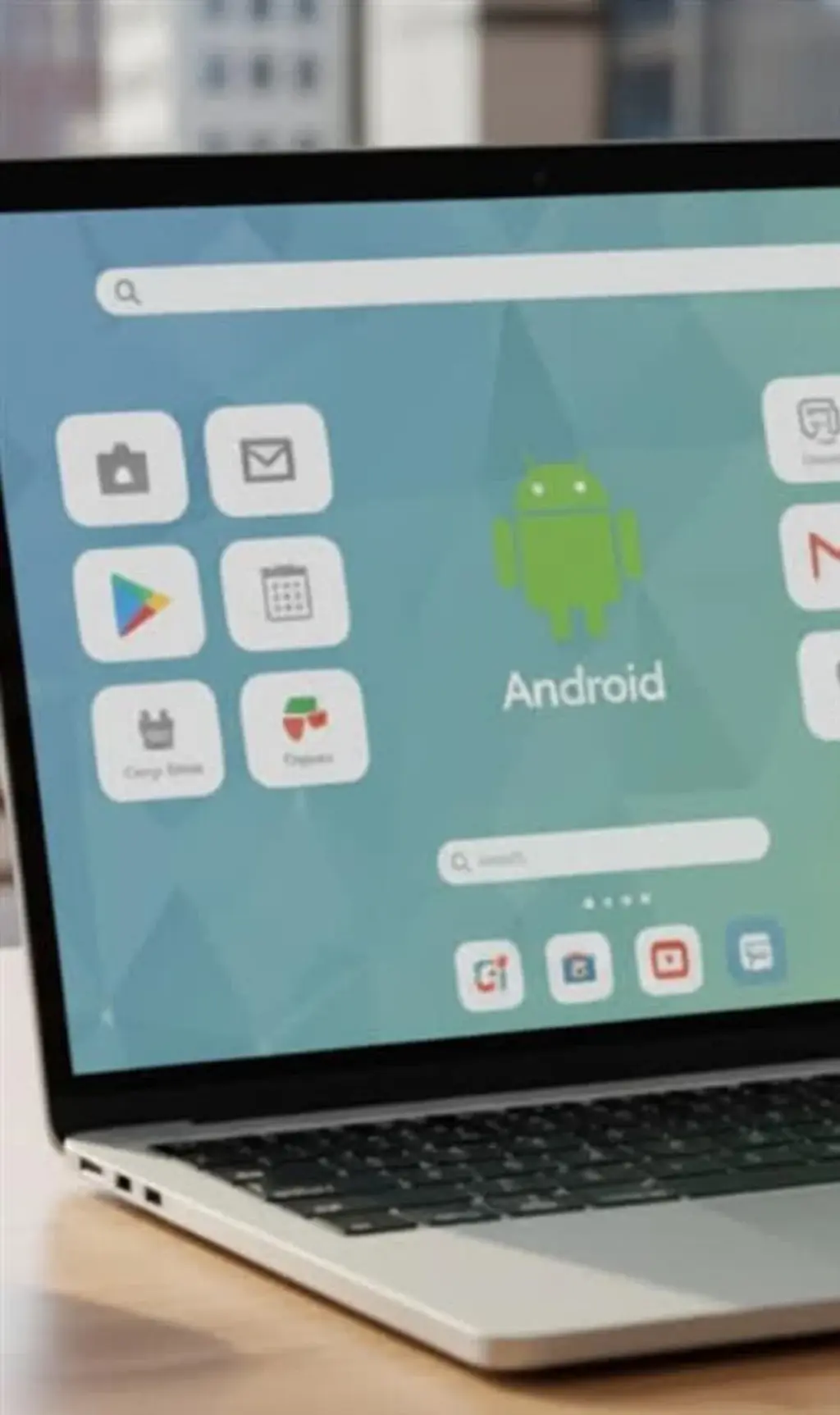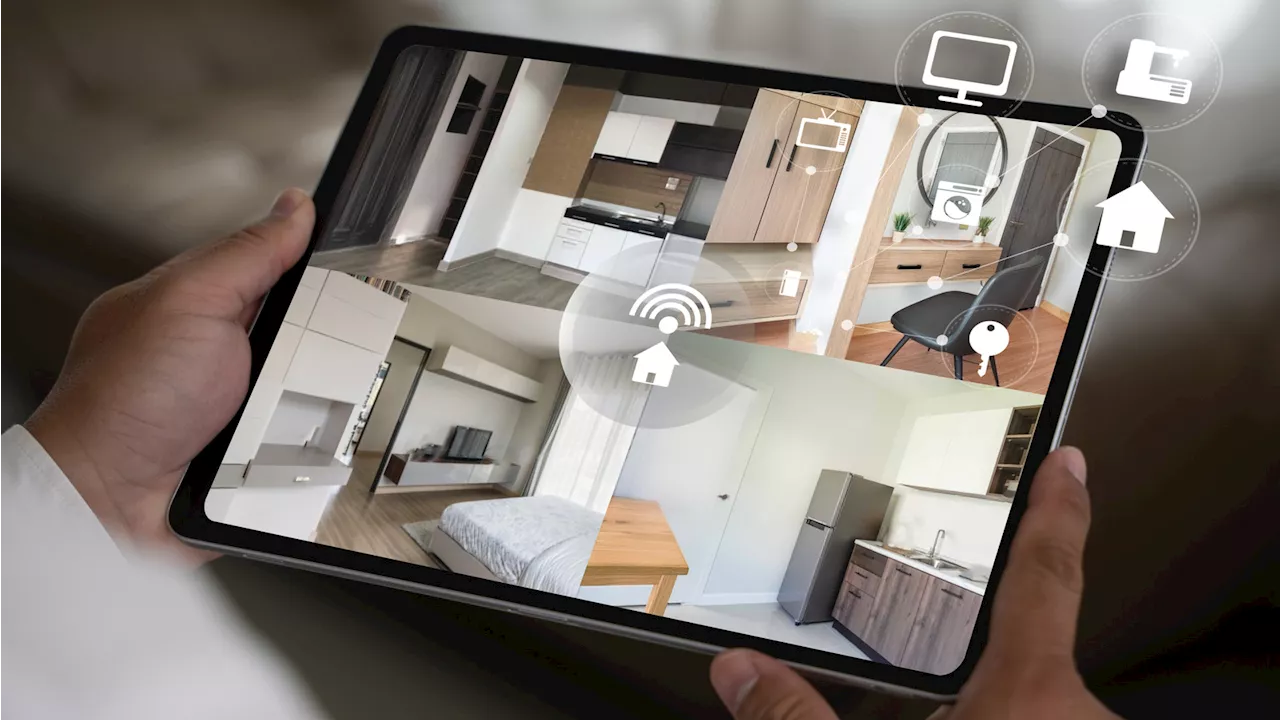
Google has officially launched its Android for PCs, marking a significant step in the ongoing competition between tech giants. With this move, Google aims to provide an alternative to Microsoft’s dominant Windows operating system, potentially reshaping the landscape of personal computing.
The introduction of Android for PCs allows users to experience the Android operating system on devices traditionally dominated by Windows. This development comes at a time when the demand for versatile and user-friendly operating systems is on the rise. By bringing Android to personal computers, Google is not only expanding its ecosystem but also challenging the established norms of PC operating systems.
Understanding the Shift in Operating Systems
According to reports, the new platform will support a wide range of applications, including those available on the Google Play Store. This accessibility is expected to appeal to a broad audience, particularly those already familiar with Android on mobile devices. Google’s strategy appears to be focused on integrating its services more deeply into users’ daily lives, making it easier for them to switch between devices seamlessly.
The launch also invites questions about how this will affect Microsoft, which has held a strong position in the PC market for decades. Microsoft’s Windows operating system remains the industry standard, but the introduction of Android for PCs may entice users who seek a different user experience. Google’s ability to leverage its existing ecosystem could be a significant advantage in attracting users away from Windows.
In recent years, there has been a growing interest in alternative operating systems, particularly as remote work and flexible computing become more prevalent. Google’s entry into this space could accelerate this trend. For instance, PC users may find Android’s interface and integration with mobile apps more appealing, especially for those who already rely on Android devices.
Potential Impact on PC Users and the Market
The implications of this launch extend beyond just competition; they could also influence pricing strategies and innovation within the industry. If Android for PCs gains traction, it may prompt Microsoft to further enhance its offerings to retain users. This could lead to a more dynamic market, where consumers benefit from improved features and services.
Moreover, Google has a significant opportunity to target educational institutions and businesses looking for cost-effective solutions. With many organizations opting for cloud-based applications, Android’s lightweight nature could provide a viable alternative to traditional Windows-based systems.
As Google continues to refine this new platform, the coming months will be crucial in determining its adoption rate among users. Early feedback and user experiences will play a vital role in shaping future updates and enhancements.
In conclusion, the launch of Android for PCs could mark a pivotal moment in the ongoing battle between Google and Microsoft. As users evaluate their options, the technology landscape may see a shift toward greater diversity in operating systems, ultimately offering more choices to consumers. The future of personal computing is set to become more competitive, and it remains to be seen how these developments will unfold in 2023 and beyond.





